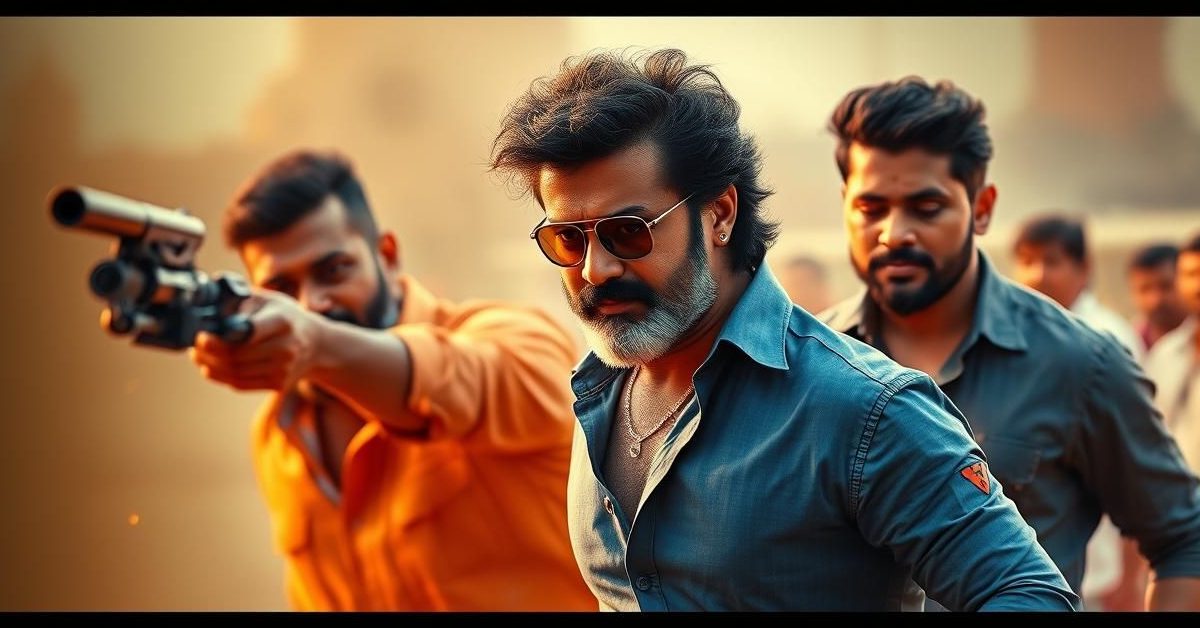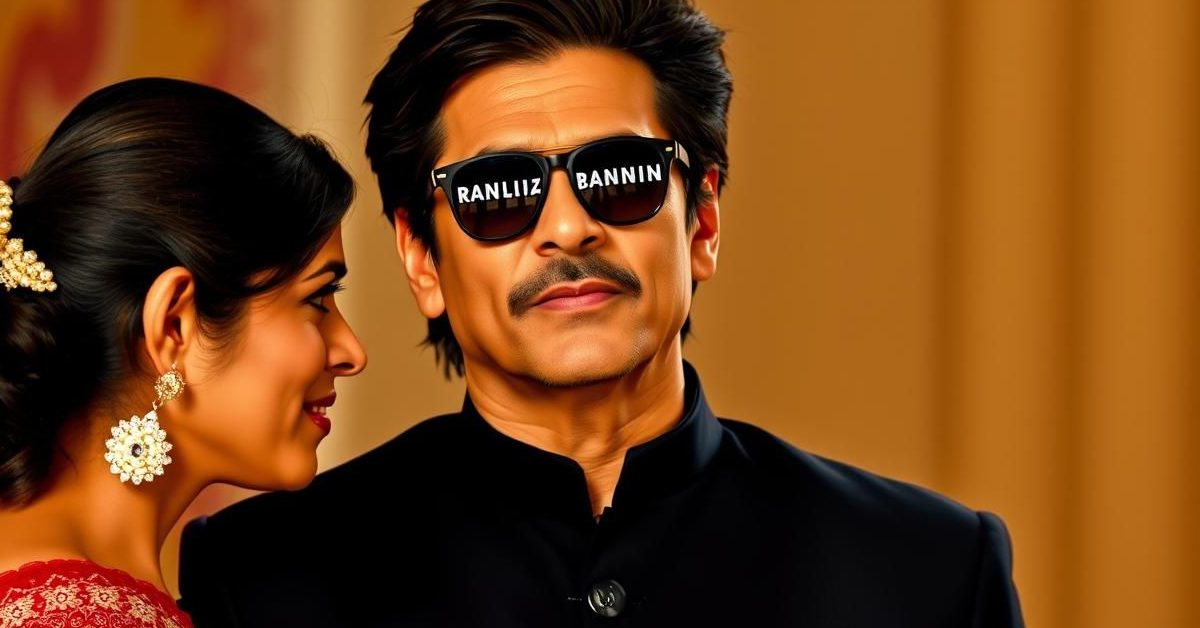Acclaimed sitarist Anoushka Shankar recently shared how the passing of her father, Pt. Ravi Shankar, unexpectedly empowered her to speak out about her own experiences with sexual abuse, linking it to the nation’s grief following the Nirbhaya case.
A Time of Dual Grief
In a candid conversation with Mojo Story, Anoushka Shankar opened up about a profoundly difficult period in her life. December 2012 marked the death of her legendary father and guru, Pt. Ravi Shankar, a monumental loss that plunged her into immediate grief.
Just five days after his passing, India was rocked by the horrific Nirbhaya gang rape in Delhi. For Anoushka, these two seemingly separate events became intrinsically linked, forming a “trauma bubble” of grief, anger, and outrage that intensified her emotions.
Beyond the ‘Charmed Life’
Anoushka also addressed the public perception of her having a “charmed life” — an image that often felt at odds with her private reality. She revealed that she carried a “big wound” from her own experience with sexual abuse, a secret that created a deep disconnect between how she was seen and how she truly felt.
She emphasized that sexual abuse exists on a spectrum, and while she had many fortunate aspects in her life, this hidden pain was a significant burden. It felt disjointed from the public narrative that suggested nothing bad had ever happened to her.
Finding Freedom in Loss
Surprisingly, Anoushka believes her father’s death played a crucial role in her decision to speak more openly about her past. She shared that her father was aware of her experience, but his passing removed any potential pain he might have felt from her sharing it publicly.
“I was in immediate grief. I wasn’t thinking so much as feeling,” she reflected, suggesting a raw emotional state that allowed for a new kind of freedom to emerge. This liberation enabled her to finally share her story on a wider platform.
The Nirbhaya Turning Point
Anoushka views the Nirbhaya case as a pivotal moment in public discourse surrounding sexual violence. It was, in her living memory, the first time the entire world seemed to focus on a single story of sexual abuse, creating an unprecedented opportunity for dialogue.
She felt it was crucial for anyone who could to help “galvanize” this conversation. However, she also highlighted a troubling “sub strand” within the narrative: the idea that the victim’s middle-class background made the incident “more shocking” to some.
This underscored a critical misapprehension about who sexual violence affects. Anoushka realized that by sharing her own story – despite her perceived “silver spoon” upbringing – she could powerfully convey the message: “Me too. This happens everywhere. This can happen to anyone.”
- Anoushka Shankar connected the grief of losing her father with the national shock of the Nirbhaya case.
- She revealed her own past experience with sexual abuse, challenging the public image of her “charmed life.”
- Her father’s passing inadvertently gave her the emotional freedom to speak openly about her trauma.
- The Nirbhaya case became a turning point, prompting her to use her platform to show the universal nature of sexual violence.
Her powerful testimony serves as a reminder that vulnerability can spark essential conversations, bridging personal pain with broader societal issues.















